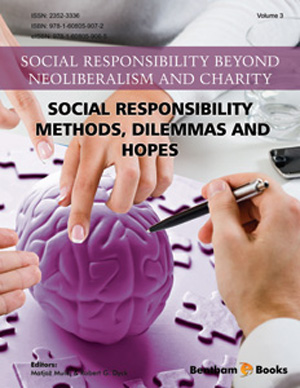Abstract
Developing new systems theories has proved fruitful. Examples developed at the University of Maribor include the following: (A) Control Systems that provide information to managers of public sector organizations about how to render management style more requisitely holistic and more successful; (B) Dialectical Network Thinking that provides similar information to organizations based on networking, such as railways; (C) Business Cybernetics that provides similar information to managers of any organization, as a business system; (D) Universal DST that builds a bridge between social and natural sciences to help civilization assure its own sustainable development and future viability. (E) Fourth order Cybernetics can help human beings attain the requisite holism of the human approach and the requisite wholeness of outcomes of human action. (F) Requisitely holistic inventive/innovative project management can help managers mastering strategic changes and crises in business systems. (G) Quantified DST attempts to fortify requisitely holistic thinking with quantitative and qualitative methods supportive of decision making on a requisitely holistic basis; it enables consideration of all dimensions of sustainable performance: economic, environmental, ethical and social. Its prescriptive models enable sensible use of intuition and experience in crisis, including affluence situations.
Keywords: Business cybernetics, business systems, controlling systems theory, creative problem solving, crisis, dialectical network thinking, dialectical systems theory, fourth order cybernetics, holism, innovation, iso 26000, management, quantified dialectical systems theory, qualitative methods, quantitative methods, requisite holism, requisitely holistic inventive-innovative project management, social responsibility, universal dialectical systems theory, wholeness.









.jpg)


